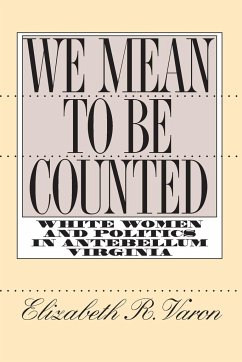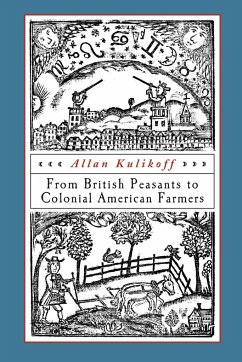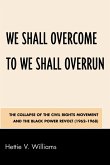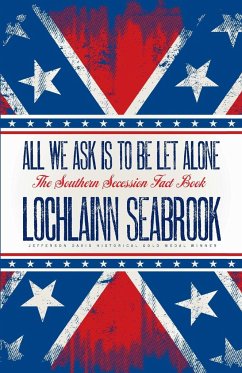Over the past two decades, historians have successfully disputed the notion that American women remained wholly outside the realm of politics until the early twentieth century. Still, a consensus has prevailed that, unlike their Northern counterparts, women of the antebellum South were largely excluded from public life. With this book, Elizabeth Varon effectively challenges such historical assumptions. Using a wide array of sources, she demonstrates that throughout the antebellum period, white Southern women of the slaveholding class were important actors in the public drama of politics. Through their voluntary associations, legislative petitions, presence at political meetings and rallies, and published appeals, Virginia's elite white women lent their support to such controversial reform enterprises as the temperance movement and the American Colonization Society, to the electoral campaigns of the Whig and Democratic Parties, to the literary defense of slavery, and to the causes of Unionism and secession. Against the backdrop of increasing sectional tension, Varon argues, these women struggled to fulfill a paradoxical mandate: to act both as partisans who boldly expressed their political views and as mediators who infused public life with the "feminine" virtues of compassion and harmony.
Hinweis: Dieser Artikel kann nur an eine deutsche Lieferadresse ausgeliefert werden.
Hinweis: Dieser Artikel kann nur an eine deutsche Lieferadresse ausgeliefert werden.








